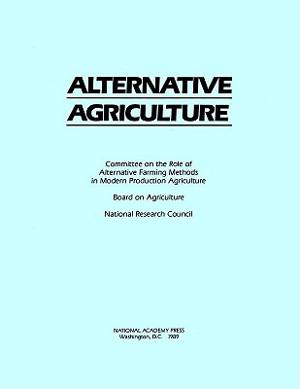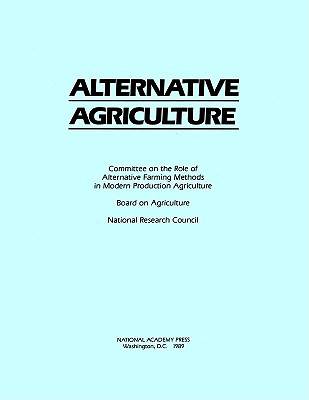
- Afhalen na 1 uur in een winkel met voorraad
- Gratis thuislevering in België vanaf € 30
- Ruim aanbod met 7 miljoen producten
- Afhalen na 1 uur in een winkel met voorraad
- Gratis thuislevering in België vanaf € 30
- Ruim aanbod met 7 miljoen producten
Alternative Agriculture
National Research Council, Board on Agriculture, Committee on the Role of Alternative Farming Methods in Modern POmschrijving
More and more farmers are adopting a diverse range of alternative practices designed to reduce dependence on synthetic chemical pesticides, fertilizers, and antibiotics; cut costs; increase profits; and reduce the adverse environmental consequences of agricultural production.
Alternative Agriculture describes the increased use of these new practices and other changes in agriculture since World War II, and examines the role of federal policy in encouraging this evolution, as well as factors that are causing farmers to look for profitable, environmentally safe alternatives. Eleven case studies explore how alternative farming methods have been adopted--and with what economic results--on farms of various sizes from California to Pennsylvania.
Specificaties
Betrokkenen
- Auteur(s):
- Uitgeverij:
Inhoud
- Aantal bladzijden:
- 464
- Taal:
- Engels
Eigenschappen
- Productcode (EAN):
- 9780309039857
- Verschijningsdatum:
- 1/02/1989
- Uitvoering:
- Paperback
- Formaat:
- Trade paperback (VS)
- Afmetingen:
- 179 mm x 253 mm
- Gewicht:
- 966 g

Alleen bij Standaard Boekhandel
Beoordelingen
We publiceren alleen reviews die voldoen aan de voorwaarden voor reviews. Bekijk onze voorwaarden voor reviews.









